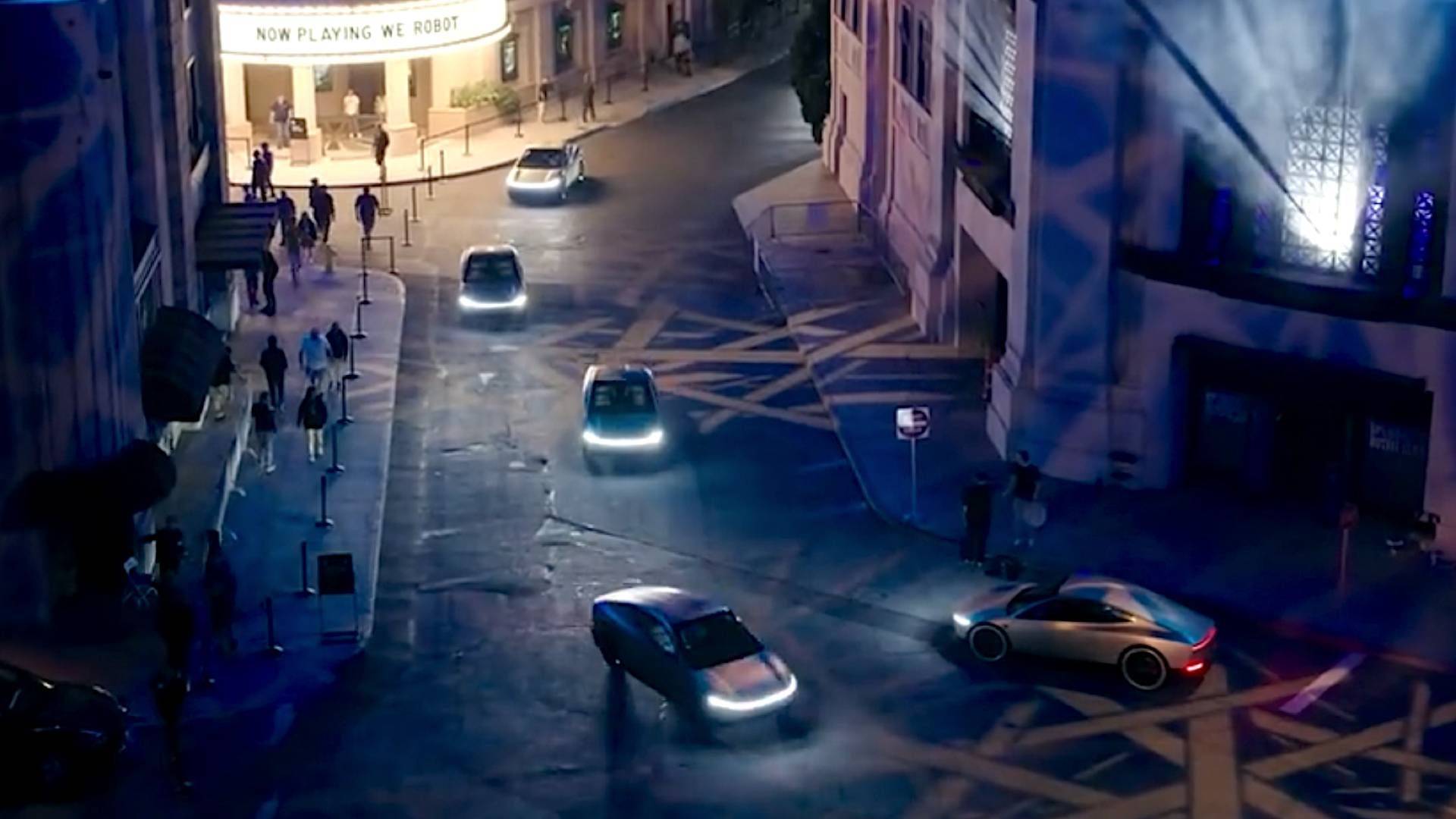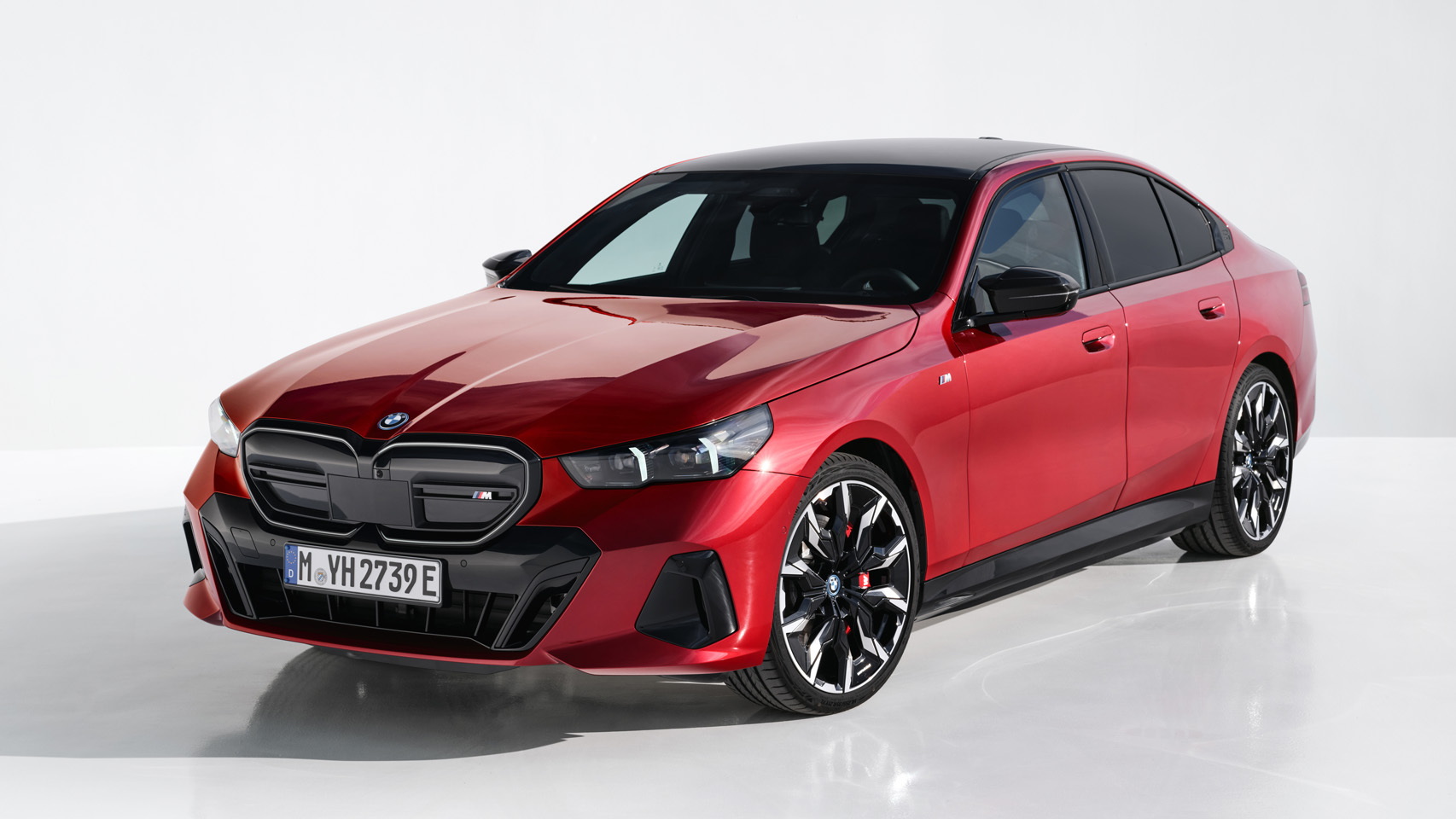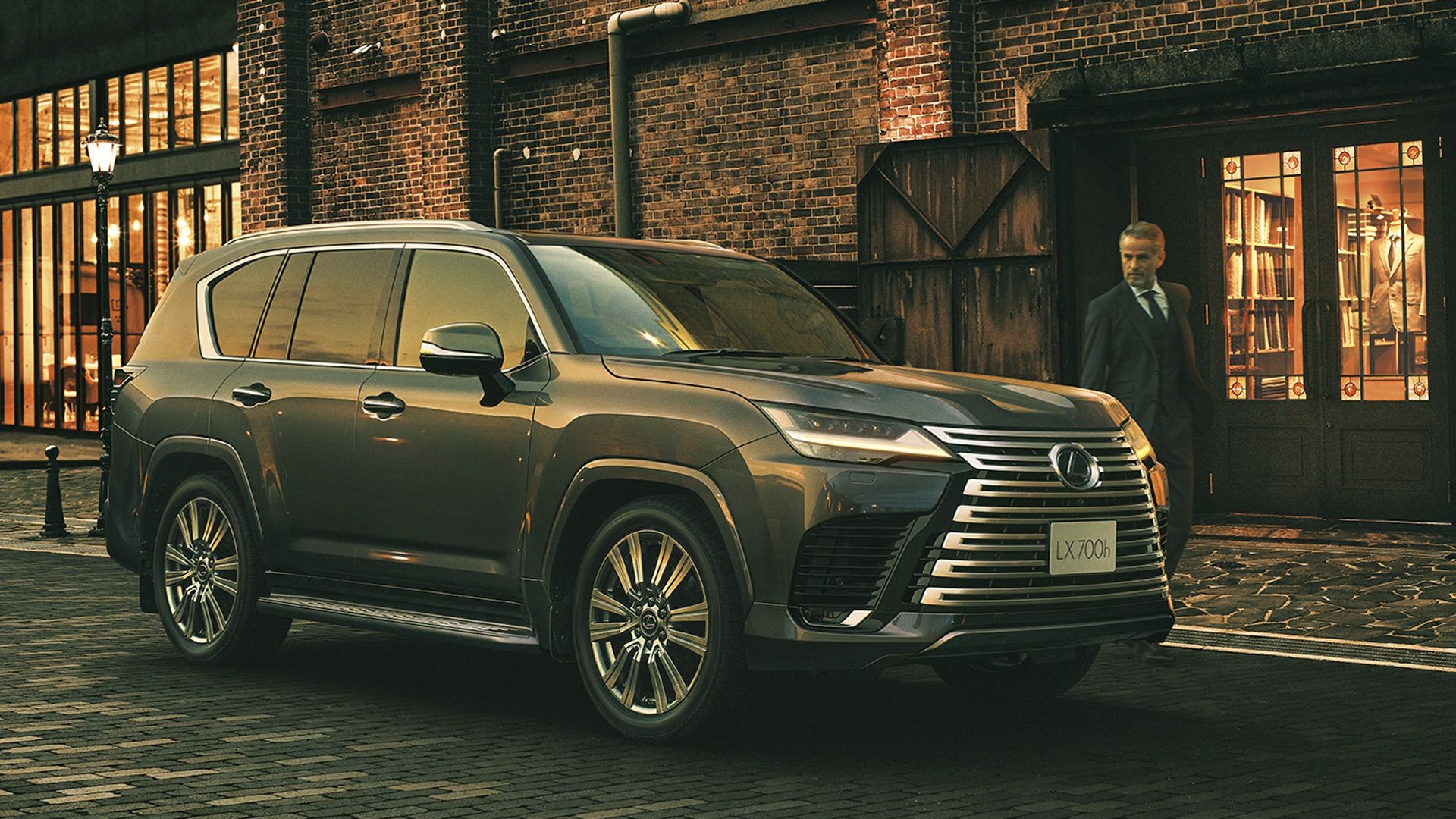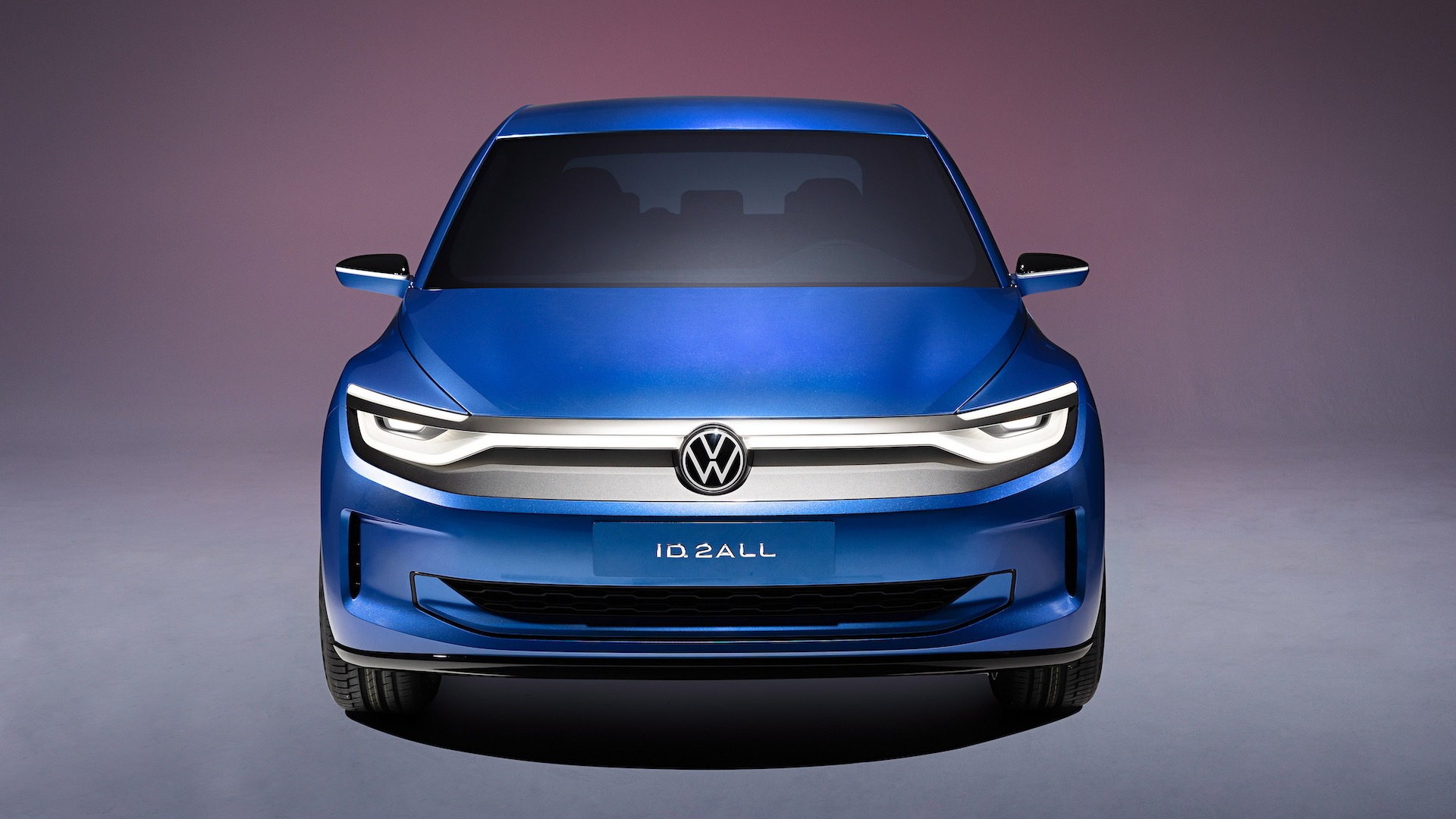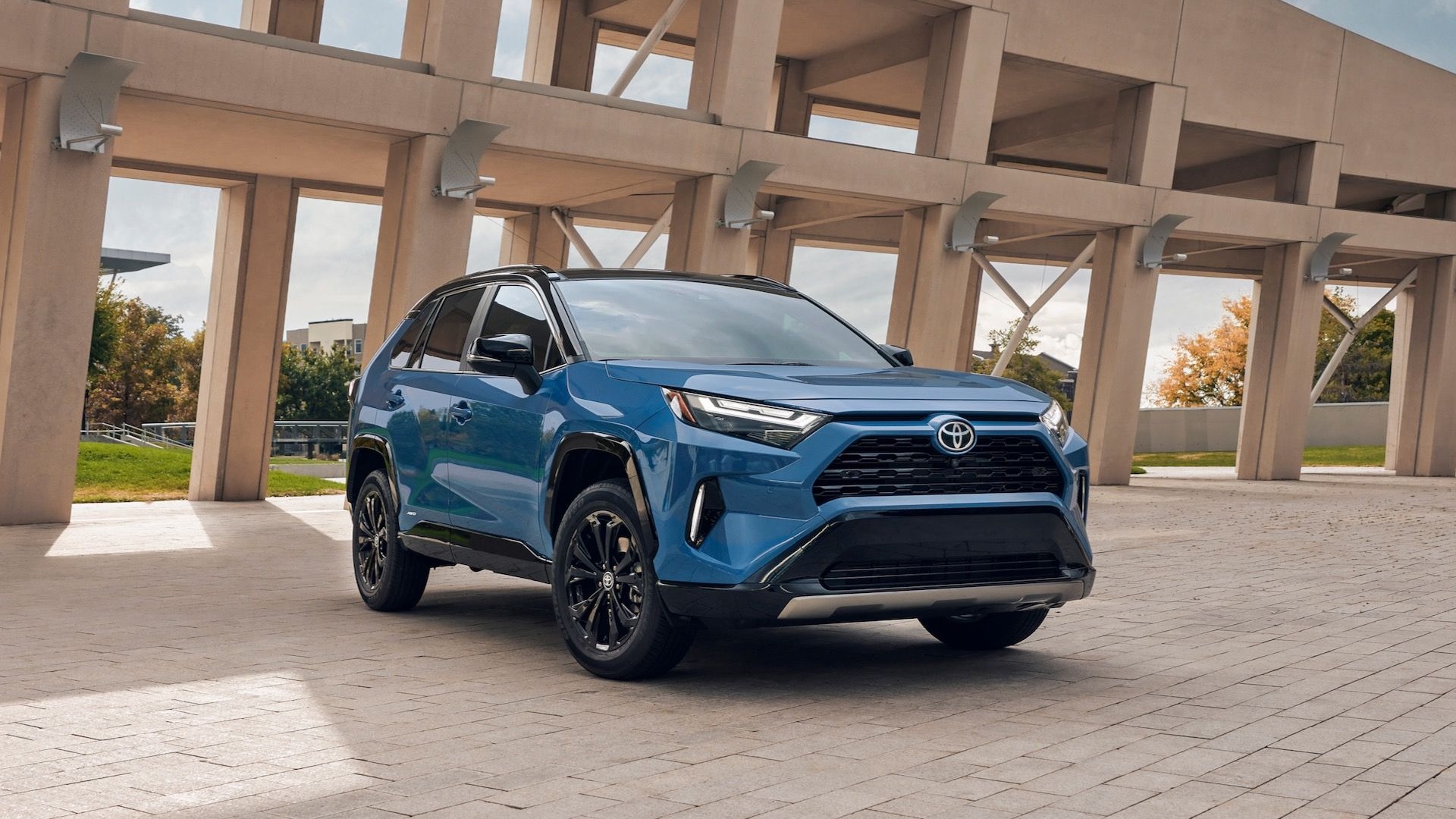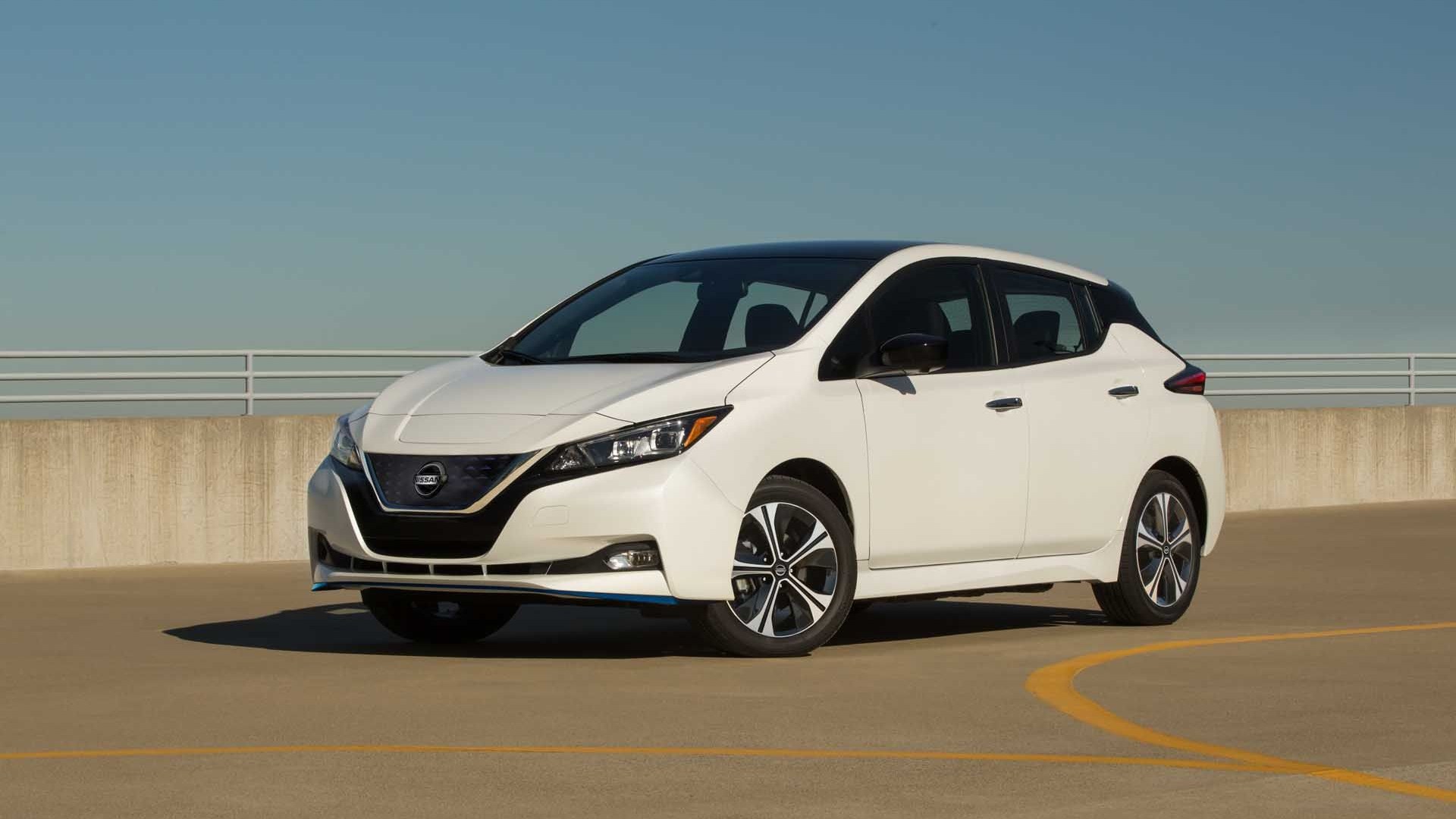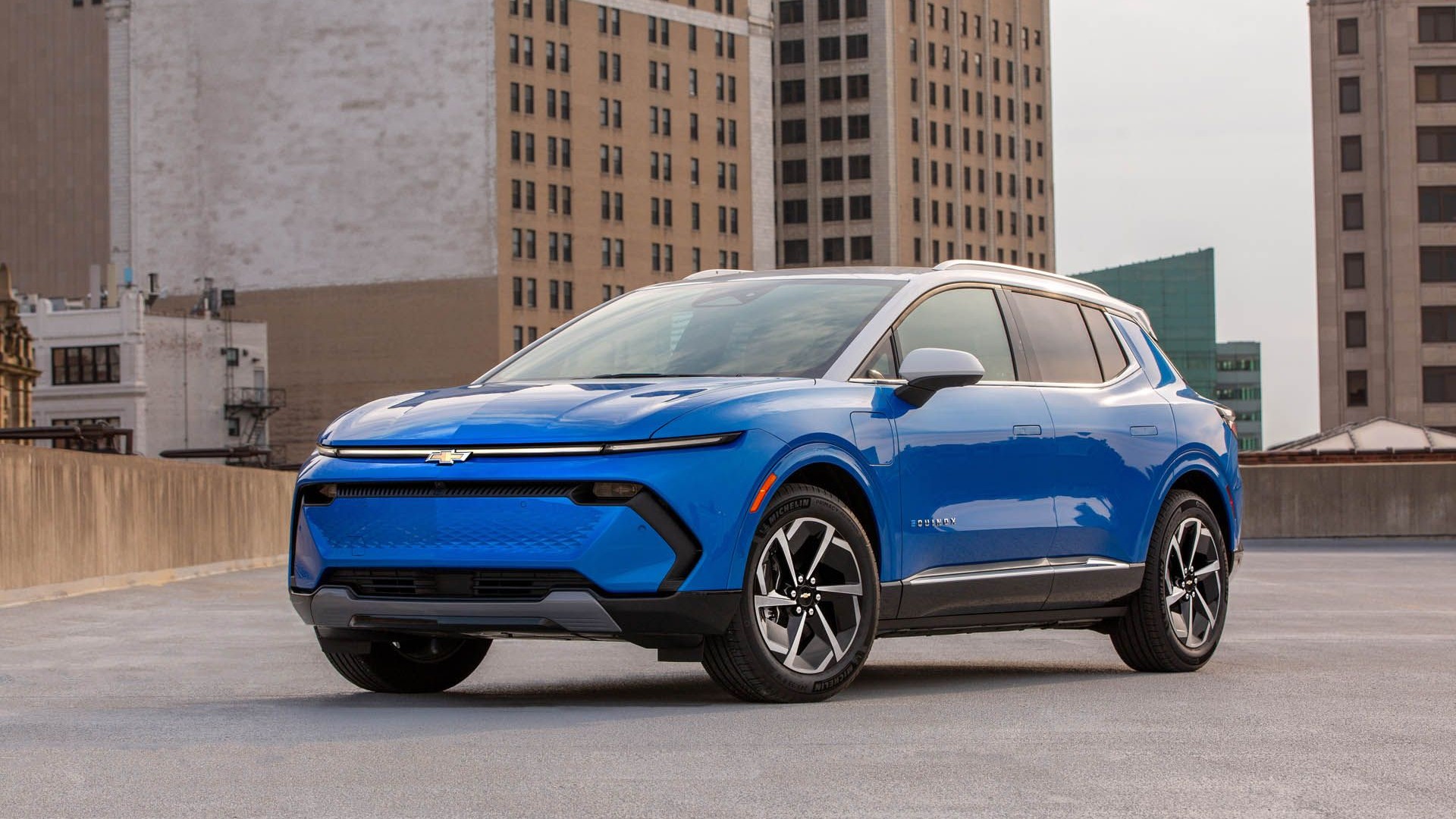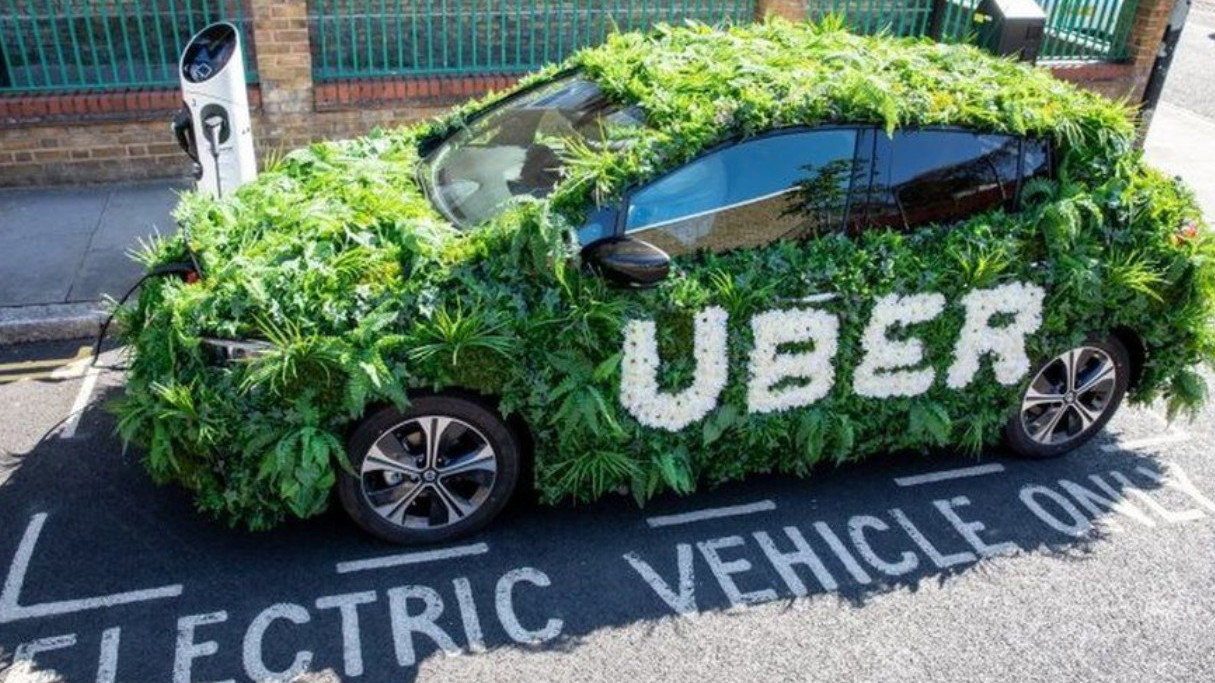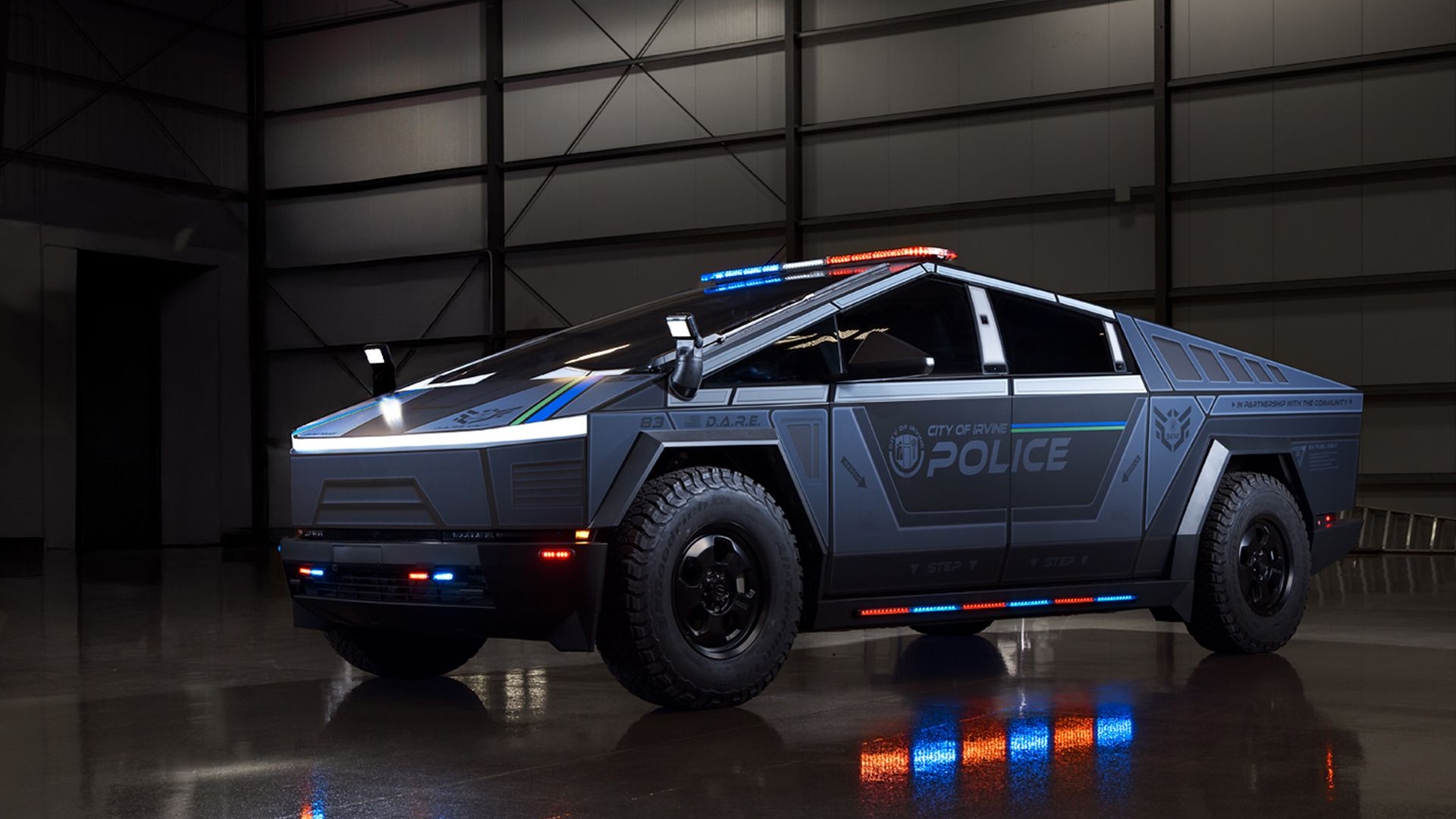Eliminating internal-combustion engines would also eliminate many jobs related to engine-related technology, Toyota chairman Akio Toyoda told Reuters and other media Thursday.
"If electric vehicles simply become the only choice, including for our suppliers, those people's jobs would be lost," said Toyoda, who previously held the job of CEO and is also the grandson of the company's founder.
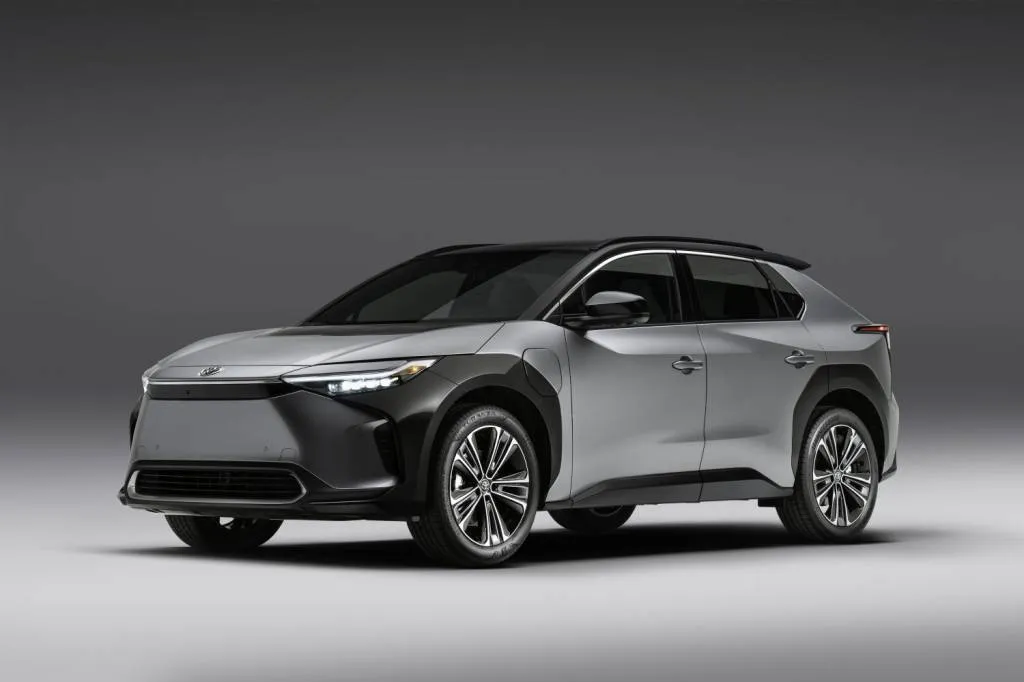
2024 Toyota bZ4X
These comments aren't out of character for Toyoda, who said at another event in January that he does not see battery electric vehicles reaching more than 30% market share. The remaining 70%, Toyoda argued, will be taken up by hybrids and hydrogen fuel-cell vehicles, with conventional internal-combustion powertrains also remaining in the mix.
Despite the comments of its top executive, Toyota is dialing up its EV ramp. In September the automaker confirmed plans for a tenfold boost in EV production, to one million units globally by 2026. It's also proceeding with production of advanced solid-state battery cells, albeit in relatively small numbers that will likely limit their use to niche models.
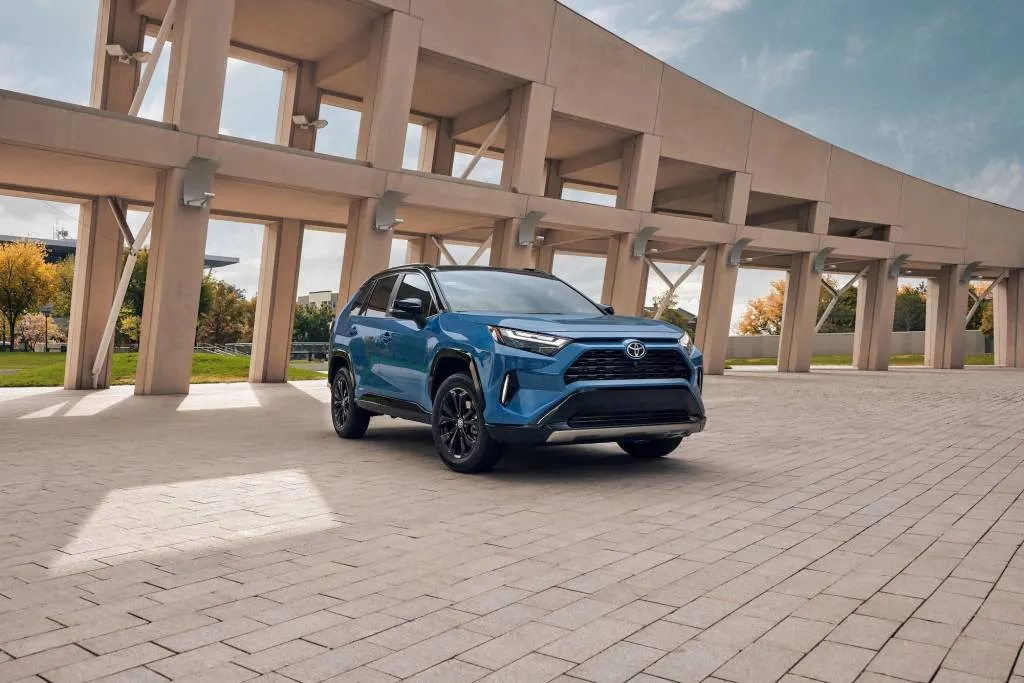
2025 Toyota RAV4
In the U.S., Toyota has made a long-term supply agreement with LG, with enough batteries coming from the supplier's Michigan factory for U.S.-made EVs. Those will include a Kentucky-made three-row SUV expected in 2026, with a second model to be built in Indiana. Toyota and Subaru will also reportedly launch a second co-developed electric SUV in 2026 as a follow-up to the bZ4X/Solterra twins.
Hybrids, plug-in hybrids, battery-electric vehicles, and fuel-cell vehicles accounted for 48% of Toyota's U.S. sales in September, which is close enough to start the conversation of whether or not to drop internal-combustion powertrains that don't include a hybrid component, Toyota chief scientist Gill Pratt said in a recent interview with Bloomberg. But the automaker still has a long way to go to reach even the pessimistic 30% prediction by Toyoda in this market.
